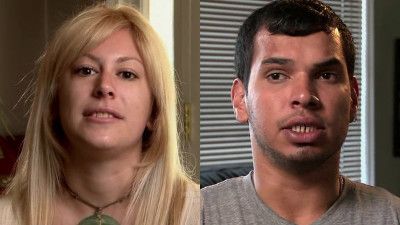

You should see your GP immediately if you're experiencing psychotic episodes. Episodes related to bipolar disorder usually resolve, but may recur. How often a psychotic episode occurs and how long it lasts can depend on the underlying cause.įor example, schizophrenia can be long term, but most people can make a good recovery and about a quarter only have a single psychotic episode. Psychosis can also be triggered by traumatic experiences, stress, or physical conditions, such as Parkinson's disease, a brain tumour, or as a result of drug misuse or alcohol misuse.
severe depression – some people with depression also have symptoms of psychosis when they're very depressed. bipolar disorder – a mental health condition that affects mood a person with bipolar disorder can have episodes of depression (lows) and mania (highs). schizophrenia – a condition that causes a range of psychological symptoms, including hallucinations and delusions. It's sometimes possible to identify the cause of psychosis as a specific mental health condition, such as: Psychosis isn't a condition in itself – it's triggered by other conditions. The combination of hallucinations and delusional thinking can often severely disrupt perception, thinking, emotion, and behaviour.Įxperiencing the symptoms of psychosis is often referred to as having a psychotic episode. delusions – where a person believes things that, when examined rationally, are obviously untrue – for example, thinking your next door neighbour is planning to kill you.  hallucinations – where a person hears, sees and, in some cases, feels, smells or tastes things that aren't there a common hallucination is hearing voices. This might involve hallucinations or delusions. Psychosis is a mental health problem that causes people to perceive or interpret things differently from those around them.
hallucinations – where a person hears, sees and, in some cases, feels, smells or tastes things that aren't there a common hallucination is hearing voices. This might involve hallucinations or delusions. Psychosis is a mental health problem that causes people to perceive or interpret things differently from those around them.






 0 kommentar(er)
0 kommentar(er)
